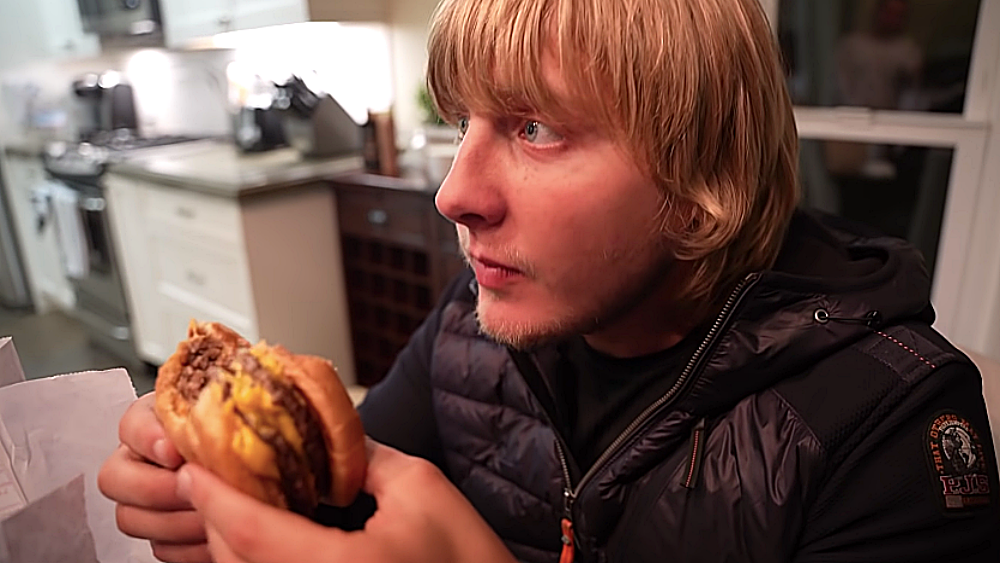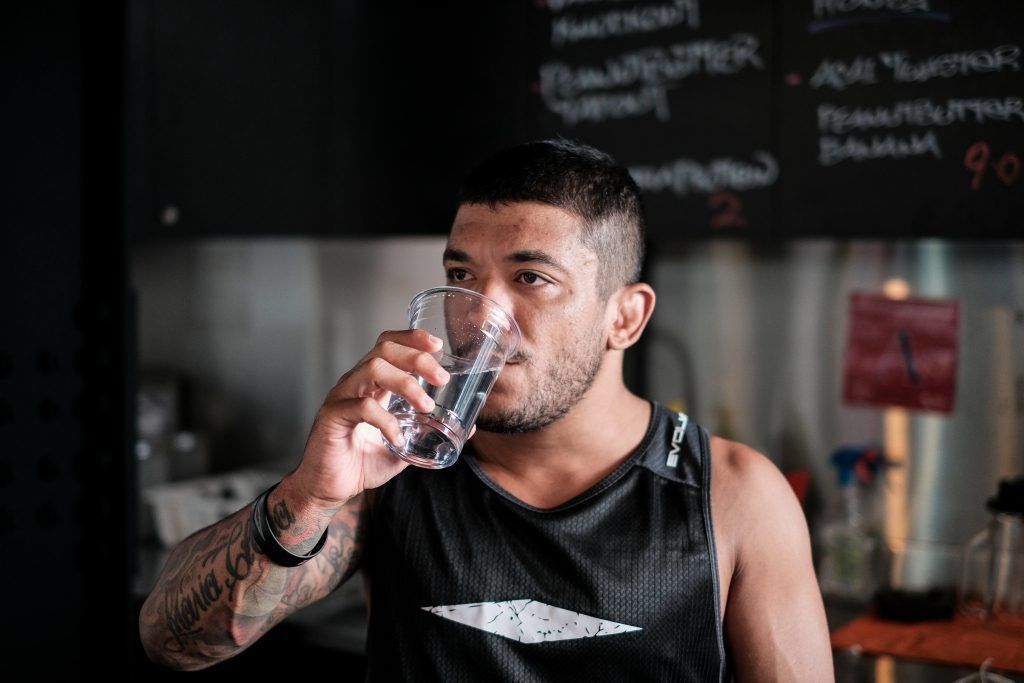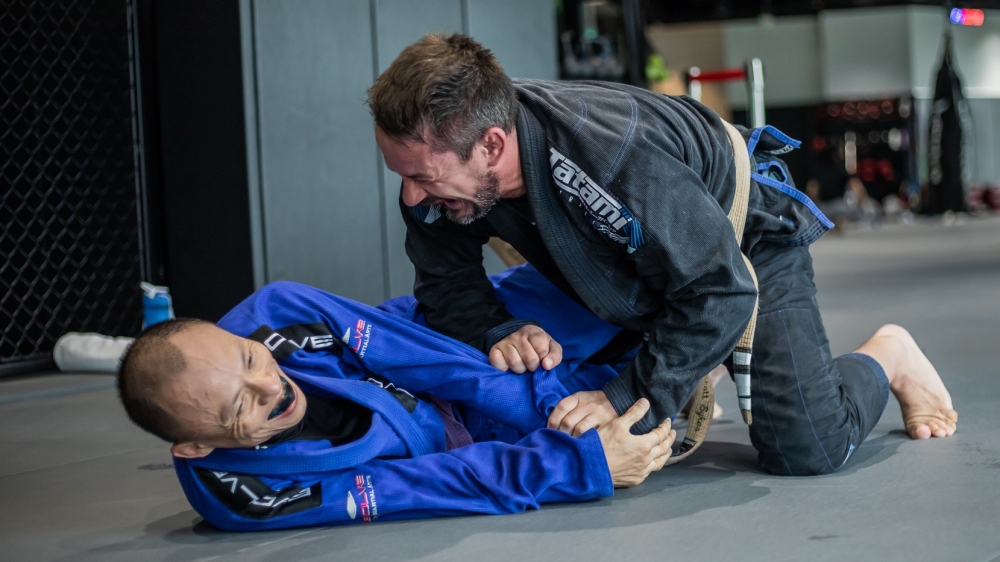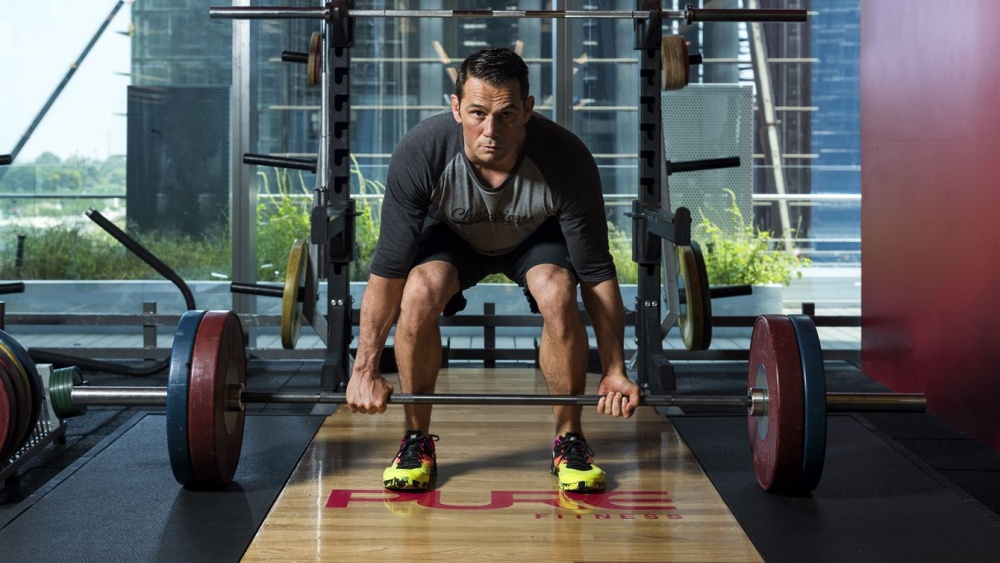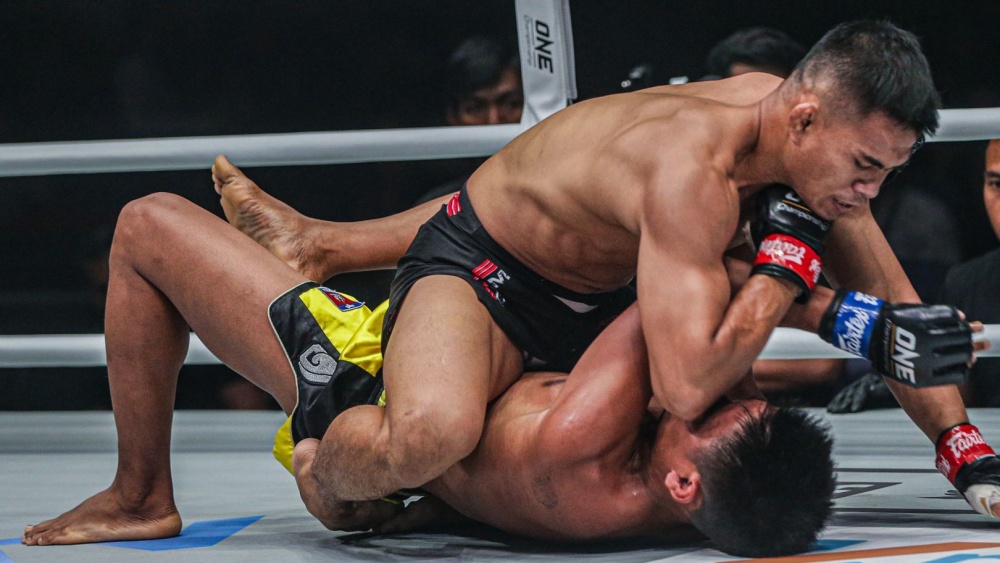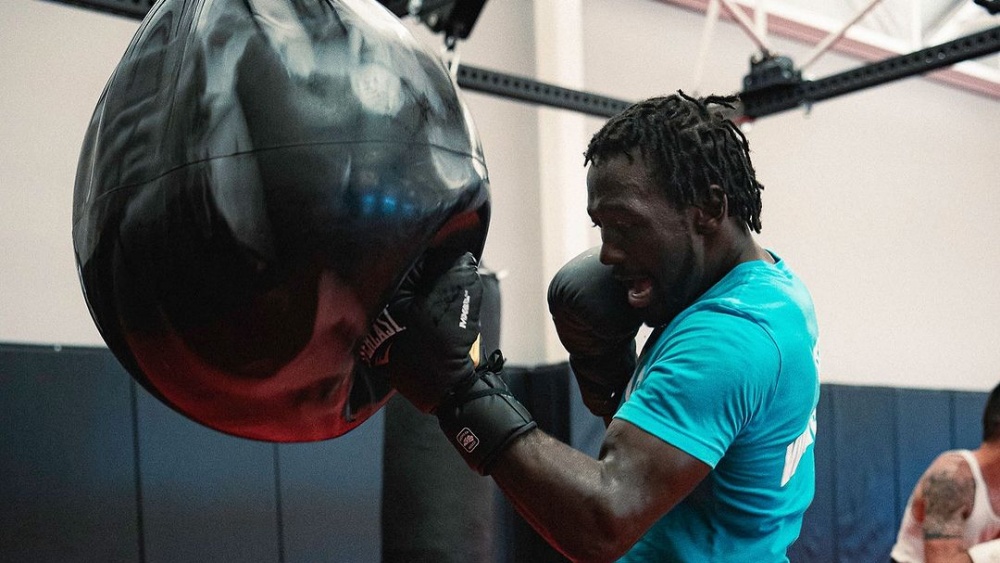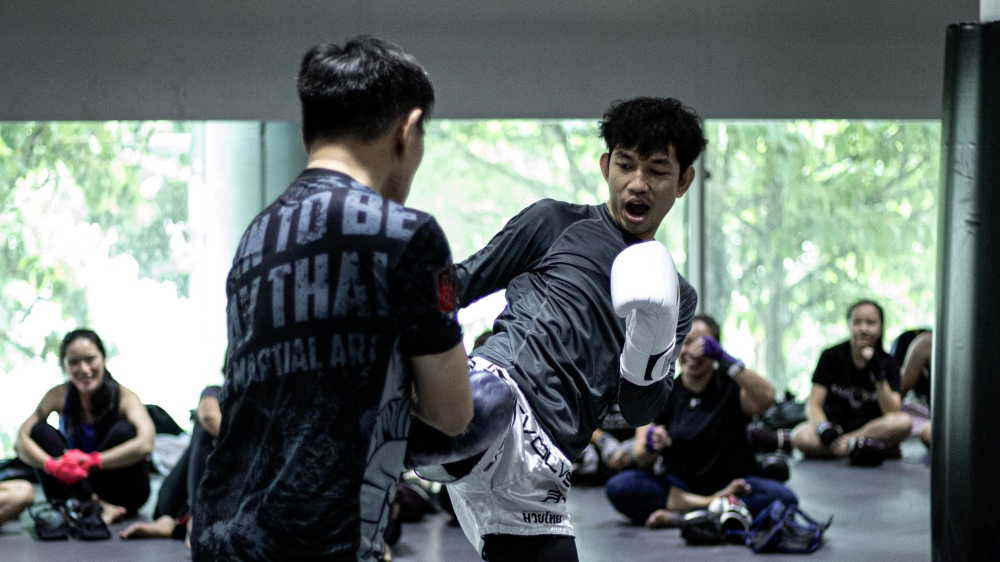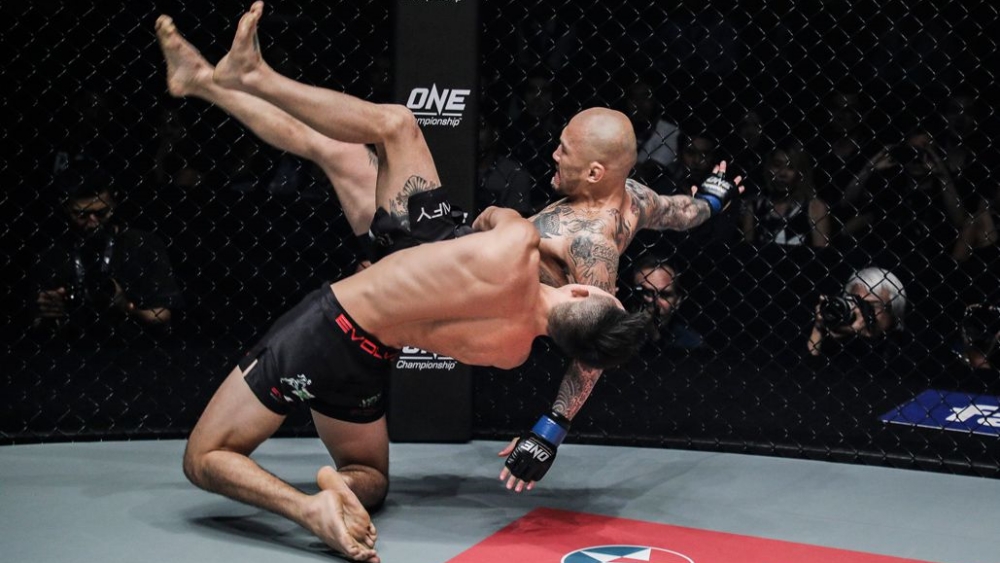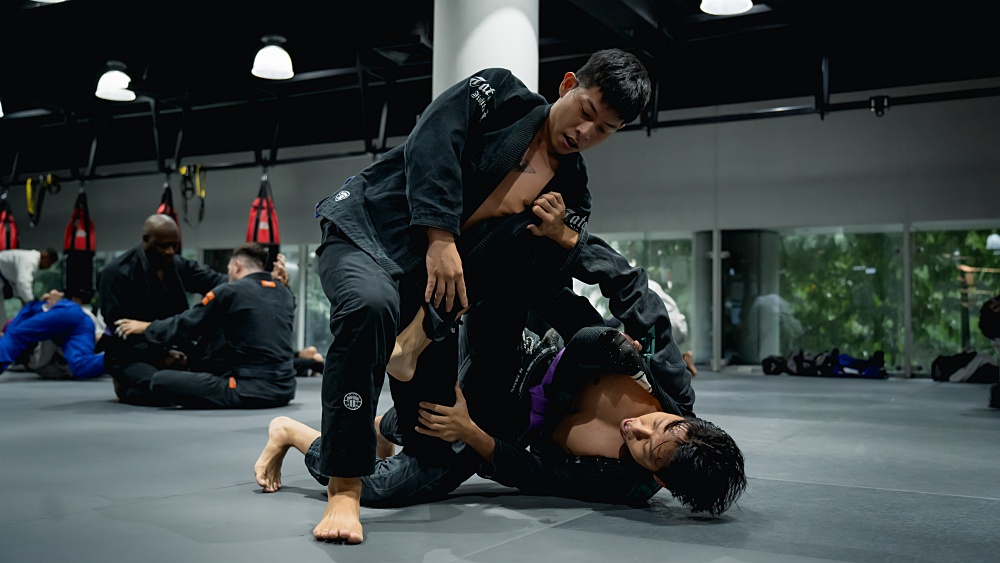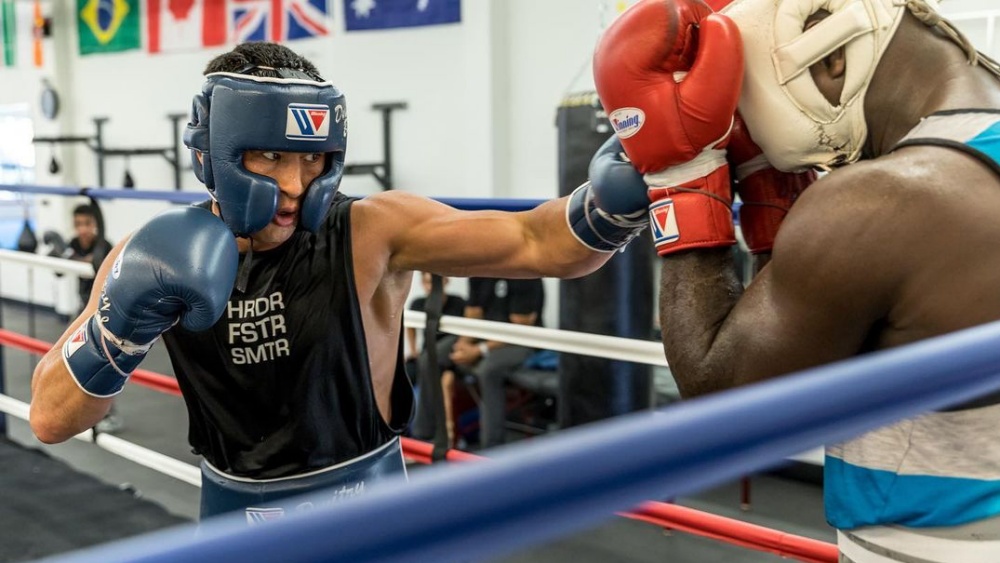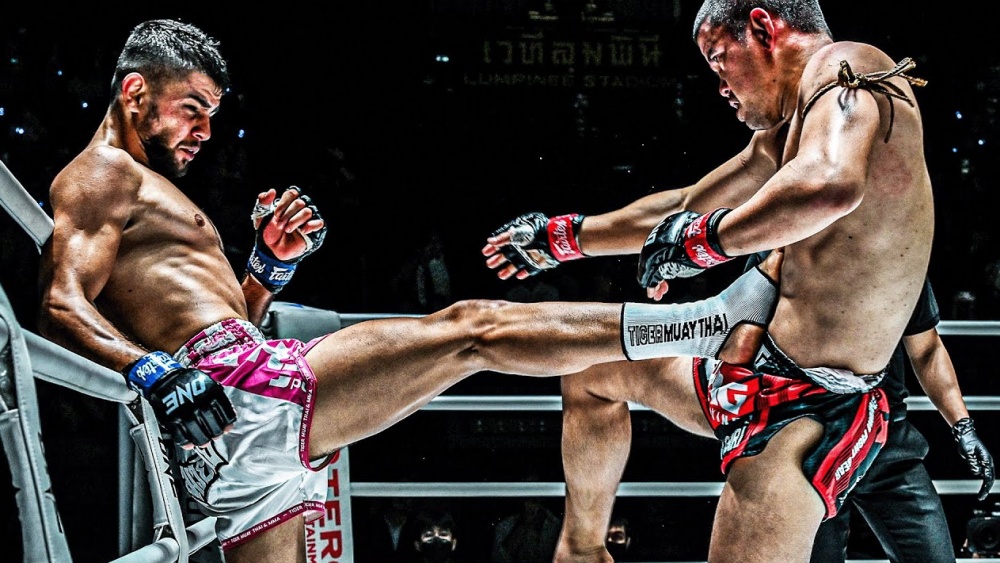Cheat meals have become an increasingly popular concept in sports like mixed martial arts that require participants to have low body fat percentages or make weight for their competitions. There’s a common misconception that cheat meals can help to lose weight, but the evidence isn’t as clear.
Some fitness experts claim cheat meals help to preserve your metabolism, enhance the appearance and fullness of your muscles, and upregulate hormones. This article will take a detailed look at how true some of these claims are.
Everything You Need To Know About Cheat Meals
The term “cheat meal” refers to foods that are rich in carbohydrates and fat, the type of foods you would normally try to limit in your diet. Many cheat meals can be classified as junk food and they tend to be calorie-dense foods.
A study conducted on the thematic content analysts of cheat meals people posted on social media showed that the average cheat meal contains over 3,000 calories.
There’s another type of cheat meal termed ‘refeeds.’ A refeed is a meal with high carbohydrate content, but it doesn’t have the high-fat content of the average cheat meal.
Athletes like mixed martial artists have to considerably restrict their calorie intake to make weight for their competitions. MMA fighters typically aim to be around five kilograms above their fighting weight on fight week, so they can cut water weight the day before their competitions to make weight. Organizations like ONE Championship have made major strides to reduce these practices by making their athletes compete at their natural weights by testing to ensure athletes aren’t dehydrated during weigh-ins.
Effects Of Dieting On Your Body
Going on a restrictive diet to make weight for a competition can lead to endocrinological, behavioral, and adaptive metabolic responses that could hinder your weight loss goals. Cheat meals are believed to help to reduce these changes by providing your body with surplus nutrients.
The metabolic rate of athletes typically drops by 18% while dieting and the production of the hormones ghrelin and leptin is altered. Leptin regulates appetite and lower levels lead to increased appetite, while higher levels have the opposite effect. Leptin production is reduced by 50% when dieting.
Ghrelin also regulates appetite, with higher levels increasing appetite, while lower concentrations have the opposite effect.
Dieting also leads to reduced protein synthesis in as little as five days after starting a calorie-restrictive diet and lowers insulin and testosterone production. A study conducted on a combat sports athlete showed that testosterone levels were considerably reduced after five days of a calorie-restrictive diet.
A growing number of combat sports and other weight-making sports are turning to cheat meals and refeeds to help address some of these changes.
The Effectiveness Of Cheat Meals And Refeeds
Unfortunately, studies conducted on the effects of cheat meals and refeeds are inconclusive. Cheat meals and refeeds can be beneficial for those on extremely restrictive diets, but not on moderate diets. Anyone who substantially cuts their caloric intake can expect reduced testosterone, leptin, and metabolic rates. The optimal approach appears to be a moderate diet that aims to lose no more than 1% of body mass per week.
Tips For Mixed Martial Artists Trying To Make Weight
Making weight is a critical aspect of an MMA fighter’s preparation for a fight. It’s not only about achieving the desired weight but doing it safely and effectively to maintain peak performance. Cutting weight can be physically and mentally challenging, but with the right approach, it can be more manageable. Here are some essential tips for MMA fighters trying to make weight.
1) Plan Ahead
One of the most crucial aspects of successful weight-cutting is proper planning. This involves setting a realistic target weight and creating a timeline that allows for gradual and healthy weight loss. Trying to shed a significant amount of weight in a short period can lead to dehydration and decreased performance.
2) Consult A Professional
It’s essential to work with a qualified nutritionist or dietitian who specializes in sports nutrition. They can help you create a customized diet plan that ensures you get the necessary nutrients while cutting weight. They will consider your individual needs and the timing of your weigh-in.
3) Focus On Nutrition
Nutrition is key to effective weight cutting. You should follow a balanced diet well before the fight camp starts. You can make the necessary dietary adjustments as you approach your targeted weight. Reducing your calorie intake and optimizing your macronutrient ratios (carbohydrates, proteins, and fats) can help you shed pounds without sacrificing muscle mass.
Dehydration is a common method used for weight cutting, but it should be done under professional supervision. Reducing water intake drastically can be dangerous and affect your performance. Gradually reduce your water intake in the days leading up to the weigh-in, but avoid extreme measures. Rehydration should be a priority post-weigh-in.
5) Sauna And Hot Baths
Using saunas and hot baths can help you lose excess water weight. However, it should be done with caution and under the guidance of a professional. Overdoing it can lead to dehydration, overheating, and decreased performance. It’s best to use these methods in combination with other weight-cutting strategies.
6) Monitoring Weight Cuts
Regularly monitoring your weight and body composition is vital. This helps you track your progress and make necessary adjustments to your diet and training regimen. Being aware of where you stand concerning your target weight will prevent last-minute panic and a need for drastic measures.
7) Slowly Reduce Food Intake
Reduce your food intake gradually leading up to the weight in, rather than cutting out meals suddenly. This approach helps minimize the stress on your body and maintains energy levels.
8) Maintain Protein Intake
Maintaining adequate protein intake during the weight-cutting process is crucial to preserve muscle mass. High-protein, low-calorie meals can help you feel full while promoting muscle retention.
9) Carb Cycling
Carbohydrates are essential for energy, but manipulating your carb intake can help with weight cutting. Carbohydrate cycling involves alternating between low and high carbohydrate days to deplete glycogen stores, which can help with weight loss.
10) Professional Guidance
Consider working with a professional who can help you cut weight safely. They can provide strategies like intermittent fasting, carb manipulation, and refeeds that are tailored to your needs. A qualified coach can also monitor your health and well-being throughout the process.
Weight cutting can be mentally taxing. Prepare yourself psychologically for the challenges you will face. Stay focused on your goal and maintain a positive mindset. Visualization techniques and mental coaching can be valuable tools.
12) Recovery After Weigh-In
The focus shifts to recovery after making weight. Rehydrate with electrolyte-rich drinks and consume easily digestible carbohydrates to replenish glycogen stores. Be cautious about overeating, as this can lead to digestive discomfort.
When To Use Cheat Meals
While the effectiveness of cheat meals remains inconclusive, they do have their uses in combat sports. Cheat meals can provide an athlete with a break from their rigorous dieting especially if their competitions have been pushed back a few weeks or the athlete doesn’t have enough energy to keep up with their training. They can also provide a psychological boost.
Cheat meals are often most effective when combined with hard training sessions so the extra energy is used efficiently.
You may also like:
These Are The Essential Drills To Improve Your Shadowboxing Technique
